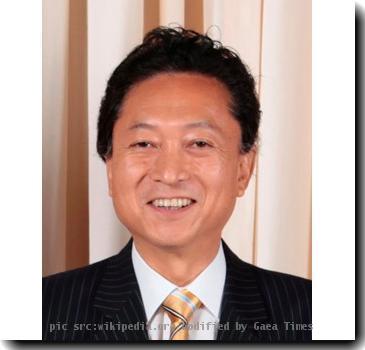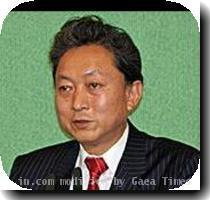A look at the short terms of recent Japanese prime ministers
By APWednesday, June 2, 2010
A look at Japan’s recent prime ministers
Japan’s fickle politics make prime minister a tough job to hold on to. Yukio Hatoyama said Wednesday he would resign after just eight months, becoming the fourth prime minister to step down in as many years. A list of the most recent to serve:
— Junichiro Koizumi’s five-year term made him one of the longest-serving prime ministers. The charismatic leader implemented economic reforms and tried to trim Japan’s bloated budget during a gradual economic recovery. But he also increased tensions with China and South Korea over territorial disputes and visits to a controversial war shrine.
Koizumi stepped down in September 2006 on his own terms, his approval ratings lower than when he started but still strong.
— Shinzo Abe was Koizumi’s appointed successor but his administration repeatedly stumbled. Four of his Cabinet ministers resigned due to financial improprieties, one a week after he was appointed, and his agriculture minister committed suicide over a scandal. His approval ratings sank and his party lost its decades-long majority in parliament’s upper house.
He resigned suddenly in September 2007, citing health problems.
— Yasuo Fukuda took office as a political veteran, but faced challenges from the surging opposition. He tried to take a populist tack but was largely seen as dour and curt, and his major legislation was often held up in a divided parliament.
Fukuda quit abruptly in September 2008, saying he was unable to break an impasse with opposition parties.
— Taro Aso was a long-serving politician who served several Cabinet posts before becoming prime minister. He was a colorful personality that vowed to restore the public trust in his party, but his support suffered amid a deepening recession, and he hurt himself through insensitive comments that upset Japan’s neighbors.
Aso left office in September 2009 after his long-ruling Liberal Democratic Party was defeated soundly in lower house elections.
— Yukio Hatoyama’s Democratic Party swept to power amid high hopes for political change, defeating the long-ruling conservatives. He promised to make politics more transparent and cut wasteful spending, but a funding scandal and his inability to keep a campaign promise to relocate a U.S. Marine base off southern Okinawa sank his once-high approval ratings.
Tags: Asia, East Asia, Hatoyama, Japan, Political Approval Ratings, Political Issues, Political Resignations, Political Scandals, Yukio Hatoyama

